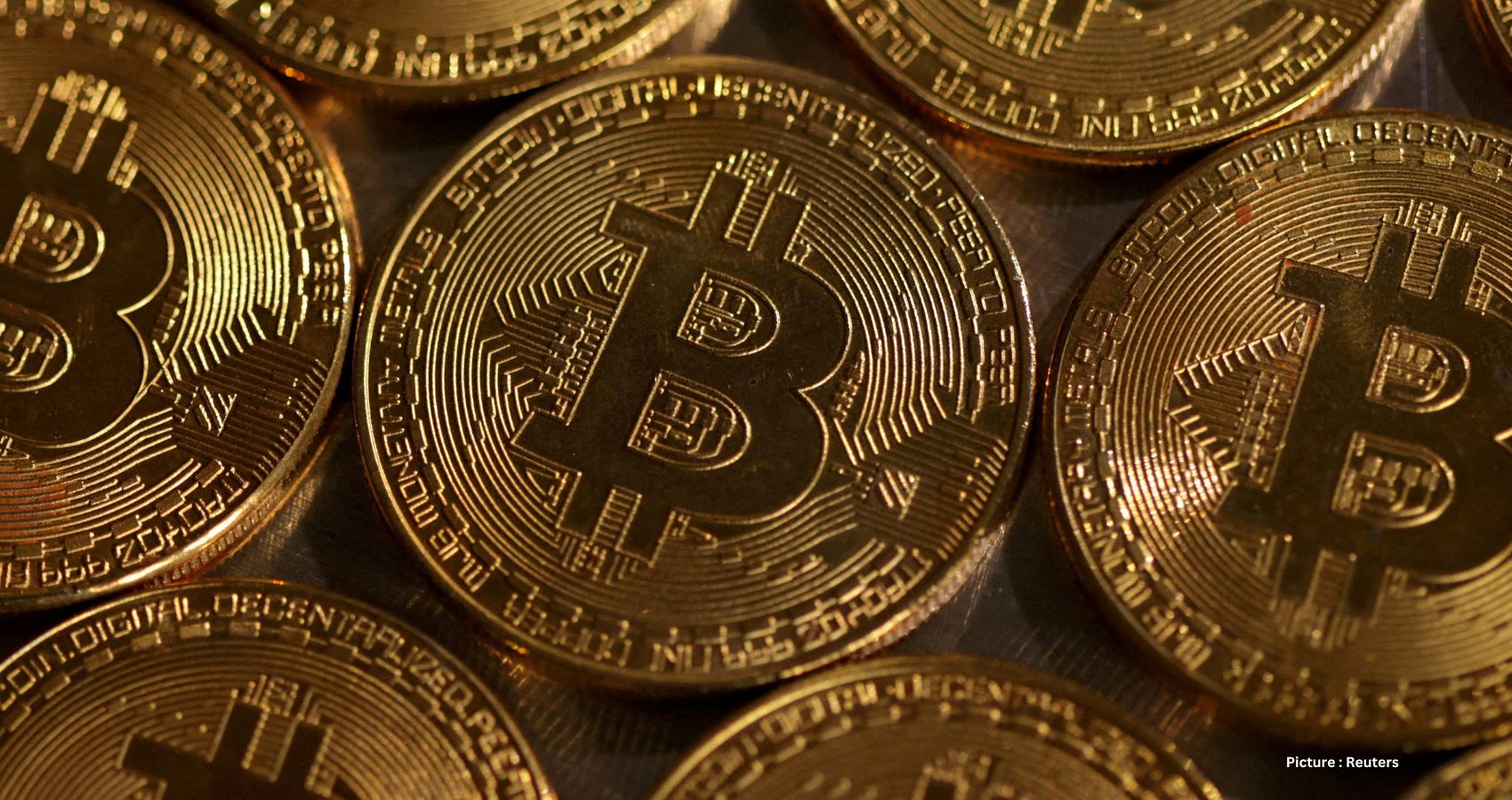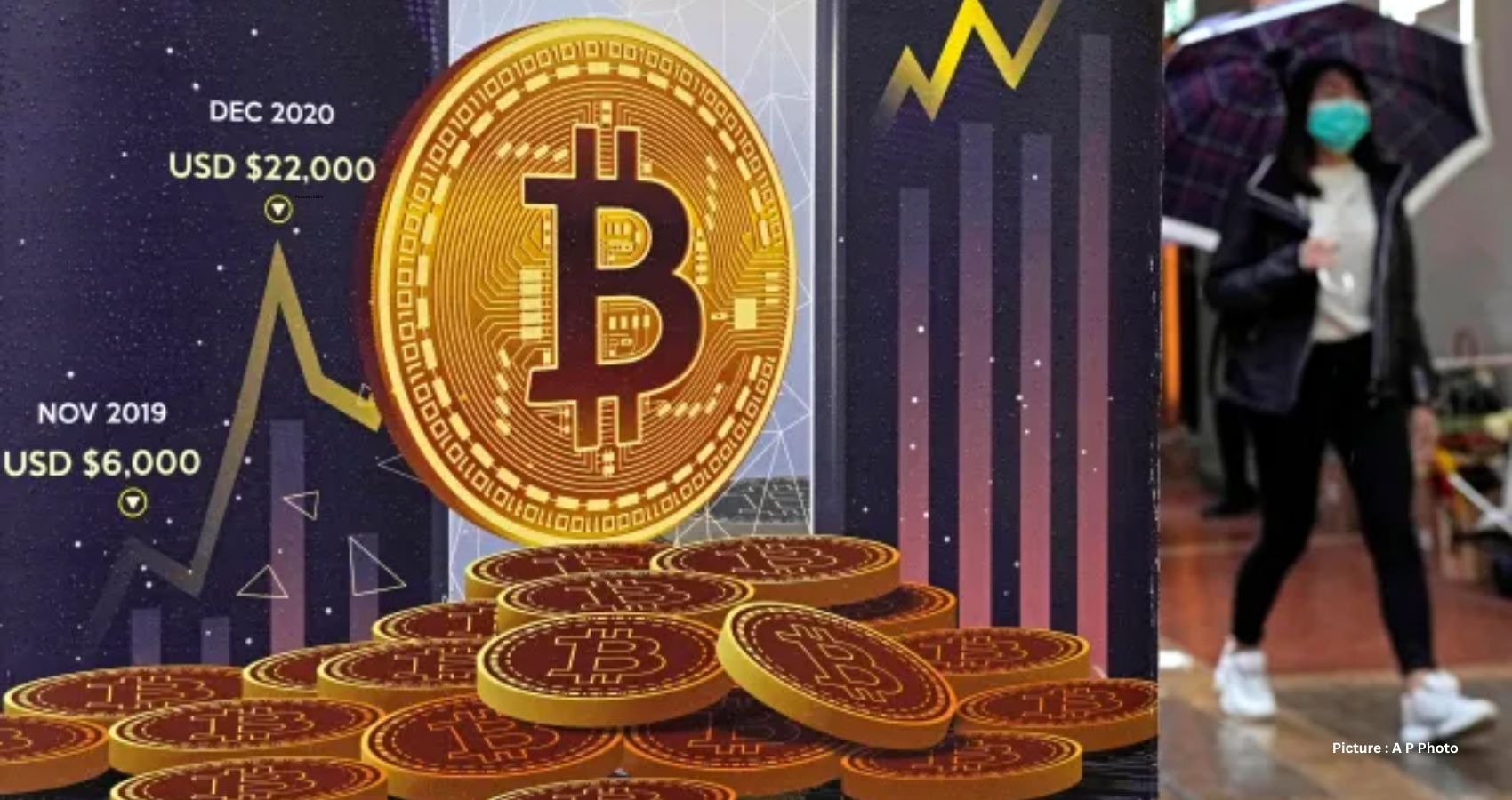Tag: cryptocurrency
SEC Approves Groundbreaking Bitcoin ETFs Despite Mixed Reactions
In a historic move, the Securities and Exchange Commission (SEC) greenlit nearly a dozen exchange-traded funds (ETFs) backed by bitcoin on Wednesday, marking the first time the regulatory body has permitted the trading of funds directly invested in a cryptocurrency.
The SEC’s approval extends to 11 spot bitcoin ETFs from major financial players such as BlackRock, Fidelity, and Grayscale Investments, all gaining the regulatory nod as the agency faced a looming deadline to rule on at least one of the applications.
SEC Chairman Gary Gensler articulated his stance on the matter, stating, “I feel the most sustainable path forward is to approve the listing and trading of these spot bitcoin ETP shares.”
This decision comes on the heels of the U.S. Court of Appeals for the District of Columbia ruling in August, asserting that the SEC had erroneously rejected Grayscale’s application for a spot bitcoin ETF. Prior to this, the agency had consistently turned down all applications for such funds.
“I feel the most sustainable path forward is to approve the listing and trading of these spot bitcoin ETP shares,” reiterated Gensler in a statement.
Grayscale CEO Michael Sonnenshein celebrated the regulatory breakthrough, acknowledging, “Today’s historic outcome is a testament to GBTC’s investors for their unwavering patience and support, and to the entire Grayscale team and our partners for their hard work and dedication.”
House Financial Services Chairman Patrick McHenry (R-N.C.) and Rep. French Hill (R-Ark.), chair of the Digital Assets, Financial Technology, and Inclusion Subcommittee, lauded the SEC’s move as a “historic milestone for the future of the digital asset ecosystem.” They emphasized that while legislation for digital assets clarity is still necessary, the approvals represent a positive shift away from the SEC’s previous approach of regulation through enforcement.
“We are pleased that investors and our markets will finally be afforded greater access to this generational technology,” added McHenry and Hill in a joint statement.
However, not everyone shares the optimism surrounding the SEC’s decision. Critics of cryptocurrencies and advocates for stricter financial regulations expressed their discontent with the approval.
Dennis Kelleher, co-founder, president, and CEO of the non-profit Better Markets, denounced the decision as a “historic mistake,” asserting that it will “unleash crypto predators” on investors and potentially “undermine financial stability.”
“It will be interpreted and spun as a de facto SEC – if not U.S. government – endorsement of crypto generally,” warned Kelleher. He expressed concerns that the crypto industry might exploit the decision to portray cryptocurrency as a safe and suitable investment for retail investors and those saving for retirement.
In response to these concerns, Gensler sought to clarify that the SEC’s approvals exclusively pertain to ETFs holding bitcoin and should not be misconstrued as a broader endorsement of crypto assets. “It should in no way signal the Commission’s willingness to approve listing standards for crypto asset securities,” emphasized Gensler.
“Nor does the approval signal anything about the Commission’s views as to the status of other crypto assets under the federal securities laws or about the current state of non-compliance of certain crypto asset market participants with the federal securities laws,” he continued.
The long-anticipated decision came amid a brief moment of confusion, as the SEC’s official Twitter account, previously known as Twitter and now referred to as X, was hacked on Tuesday. The compromised account falsely announced the approval of spot bitcoin ETFs, creating a 30-minute window of misinformation before the announcement was rectified and replaced with an official disavowal by the agency.



